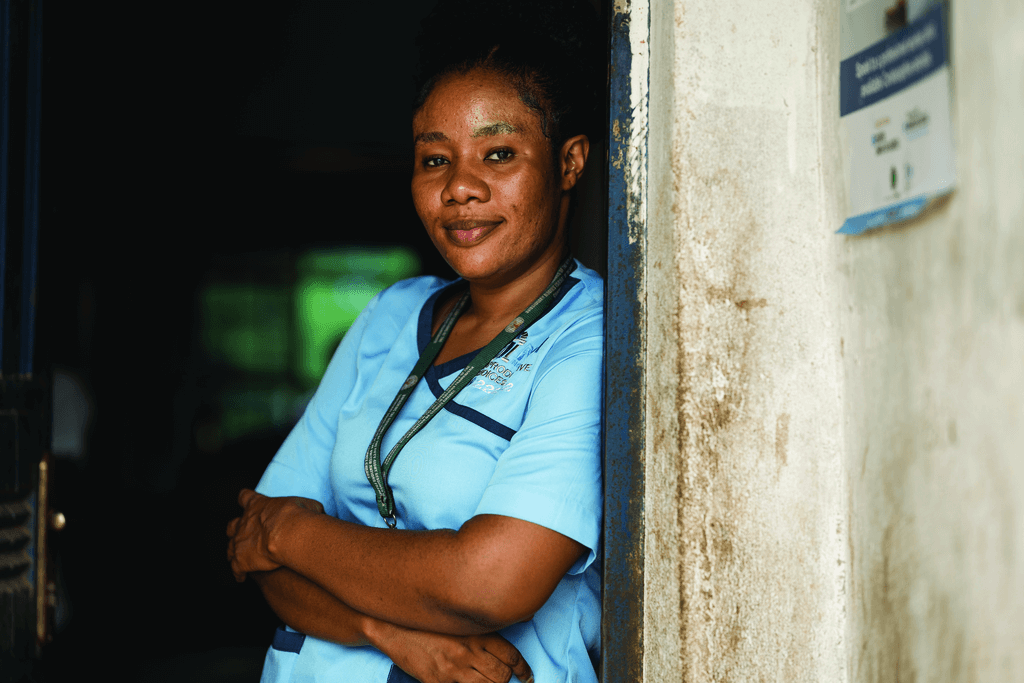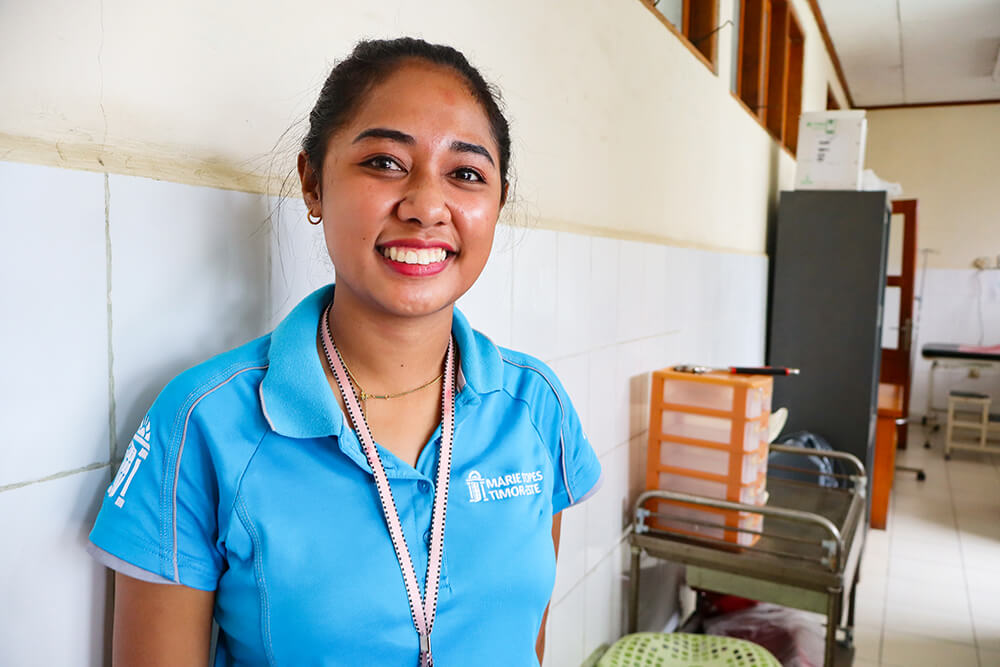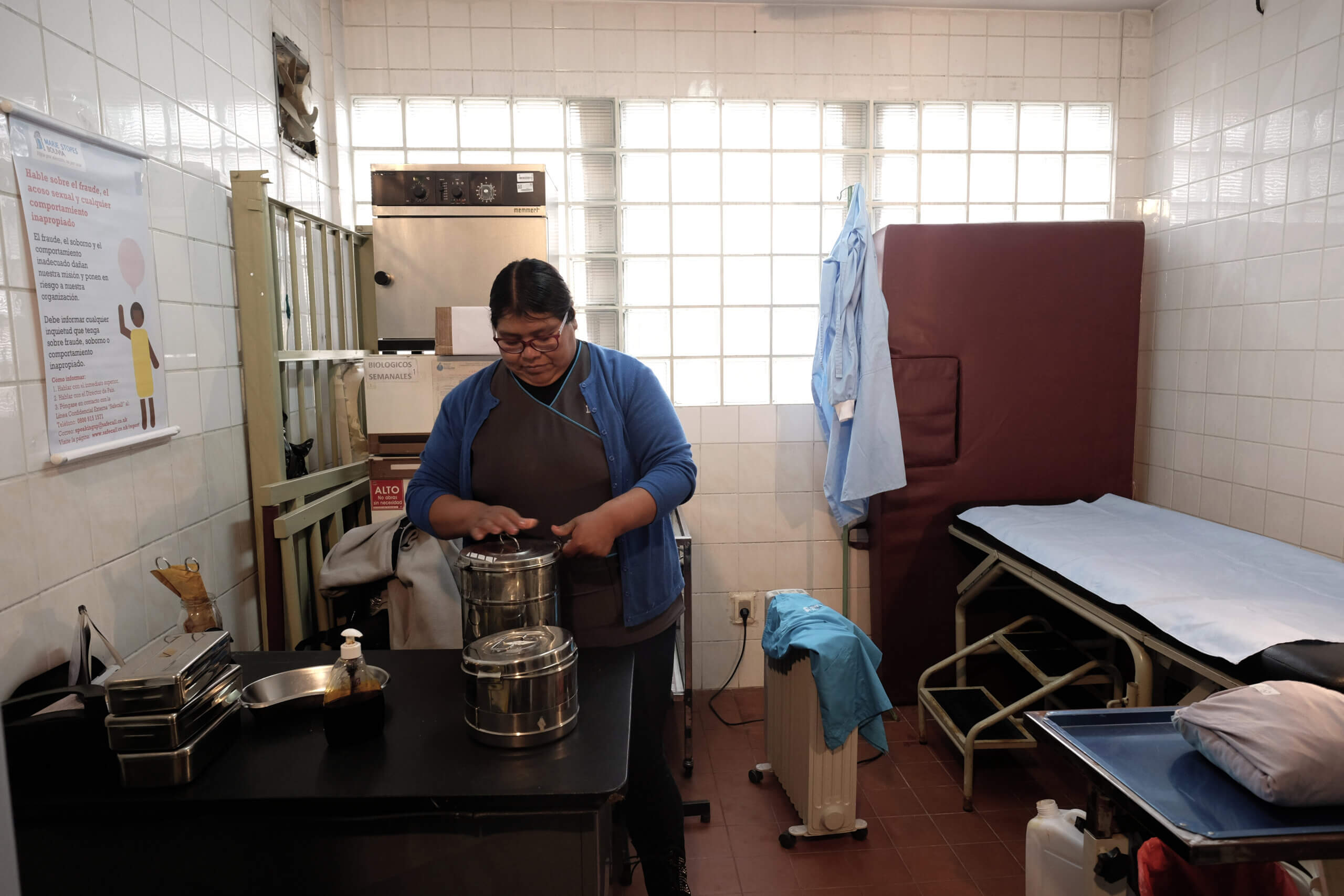How we give girls choice
Adolescent girls have the same rights as boys to safe, educated and healthy lives. But too many still face barriers that keep them from thriving. Did you know that…
- Worldwide, 1 in 4 girls aged 15-19 is neither employed nor in education, compared to 1 in 10 boys.
- Every year, 21 million adolescent girls become pregnant. Twelve million give birth, usually ending their education and plans for the future.
- 12 million girls are married before the age of 18 every year.
At MSI, we believe that girls deserve the same access to education and opportunity as boys. That’s why we’ve put adolescents at the heart of our programs, serving 100,000 girls every month so that they can avoid unwanted pregnancies and continue on their chosen paths.
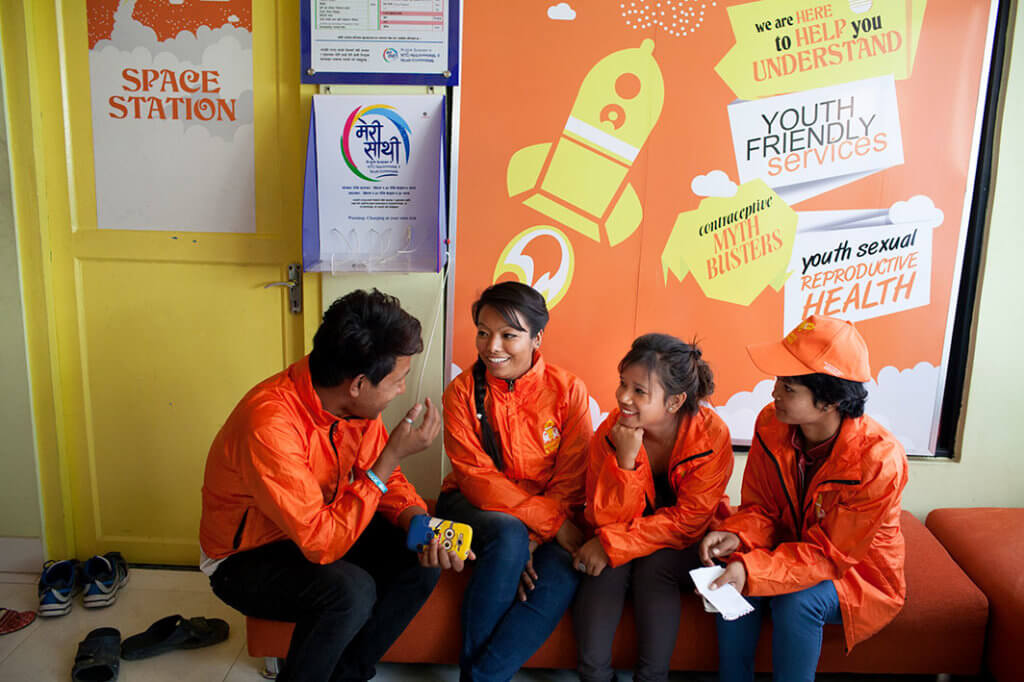
Who are the girls we serve?
When you picture a teen girl in Senegal or Cambodia, you might picture a student in an urban center; someone who’s comfortable using a smartphone and who spends her free time with friends. But the truth is, the girls we serve come from all walks of life. It’s important to develop programs that meet their unique needs.
When we compare our adolescent outreach clients in East and South Africa to clients in West and Central Africa, we see some dramatic differences. For example, 70% of our adolescent clients in East and South Africa are already married. Ninety percent have at least one child. Most of our adolescent clients in West and Central Africa are also parents, but only 42% are married.
We see differences in the amount of education clients have received as well. In East and South Africa, only 22% of girls have completed their secondary education. But in West and Central Africa, about half of girls have finished secondary school.
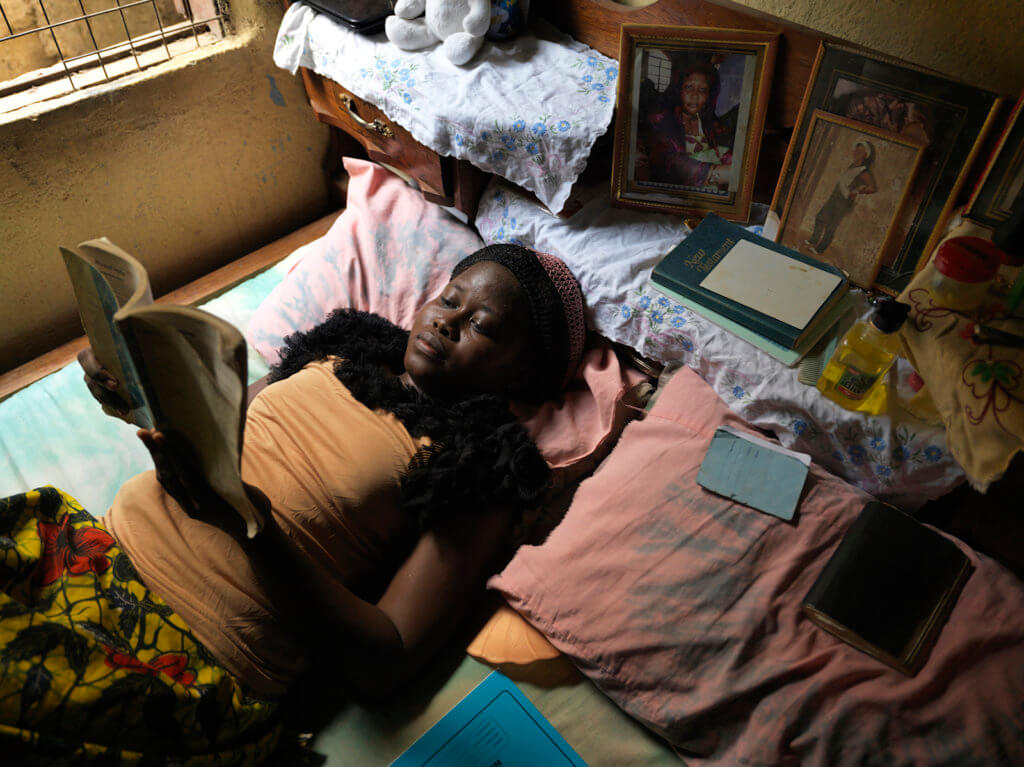
Reaching adolescent girls where they are
How do we offer reproductive health services in a way that reaches both girls who are still in school and married teenagers who may already have children? We’ve learned that it’s important to create culturally-sensitive programs that recognize that everyone’s situation is different. In West Africa, we use a human centered design approach – ‘’La Famille Idéale’’ – to engage married adolescents in contraceptive conversations using a set of family-oriented activities. These include a board game and conversation cards. These playful, accessible tools help teen girls and their spouses talk about their hopes for the future, including their ideal family size.
In Kenya, we use a different approach to connect with urban youth. The “Future Fab” approach uses messaging around personal aspirations and dreams. It explains how different forms of contraception might fit with different lifestyles.
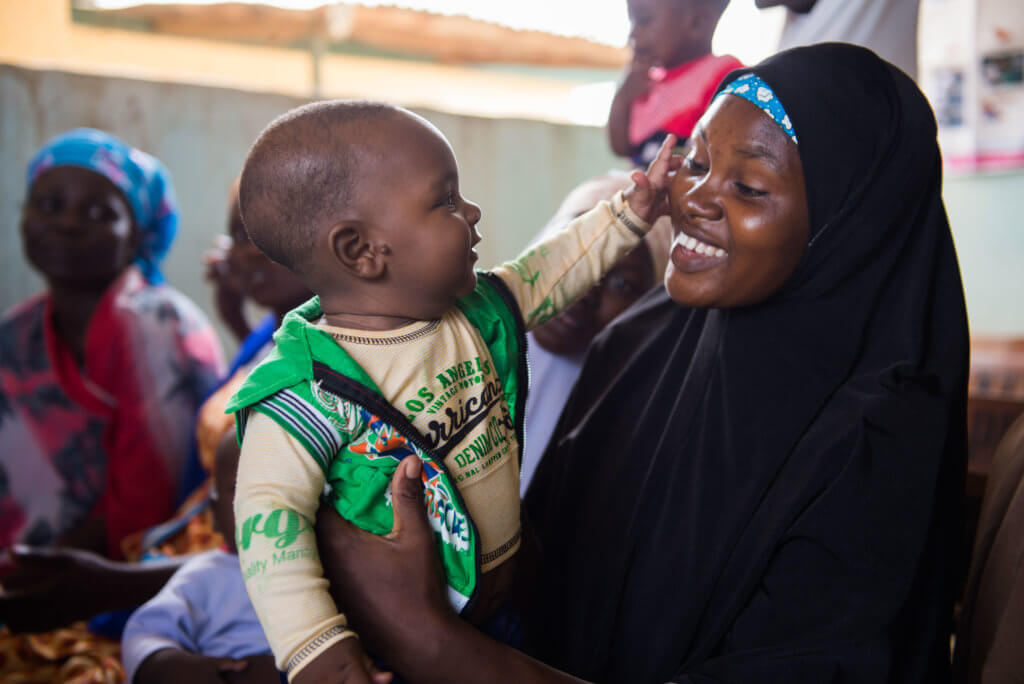
Helping all girls thrive
Married or unmarried, in education or not, all girls deserve the chance to pursue their dreams and thrive. As we recognize International Day of the Girl this October, we’re more committed than ever to reaching adolescent girls with reproductive healthcare, giving them the tools to follow their own path.



